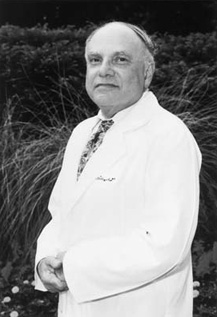Takeaway
Helping others to achieve their full potential is the most incredible, wonderful, and exhilarating role one can undertake.

Lifelong learning in clinical excellence | April 15, 2019 | 1 min read
By David Levine, MD, MPH, Johns Hopkins University School of Medicine
The word “mentor” can be traced back to Homer’s “Odyssey,” when Odysseus went off to the Trojan War and left Mentor in charge of his son Telemachus.
I feel privileged to be a mentor to others, including all types of learners – students, residents, fellows, staff, and faculty. Helping others to achieve their most outstanding and important work in their careers is the most rewarding part of my own career. It allows me to become a part of hundreds of lives to help the next generation to contribute as productively as possible. The lessons I have learned, to which I am indebted to my colleagues, Mitchell Goldstein, Emily Frosch, and Rachel Levine, from this incredible experience include:
1.) Mentoring includes not only advising others on their professional work, but also advising on how professional work can best intersect with the other important aspects of their full individual lives.
2.) The mentor-mentee relationship should be a joyful and fulfilling one for both partners.
3.) Mentoring includes being a teacher, friend, advisor, coach, partner, and role model who is honest, compassionate, and a patient listener.
4.) It is essential, at the outset, for both parties to discuss openly what they can expect of each other and to review this as needed.
5.) The mentor’s central role is to help the mentee be as fulfilled as possible. This does not include always agreeing with the mentee, but it does mean the mentee can always depend on the mentor.
6.) Helping others to achieve their full potential is the most incredible, wonderful, and exhilarating role one can undertake.
7.) The mentor is also a learner, becoming a wiser mentor from each individual experience.

